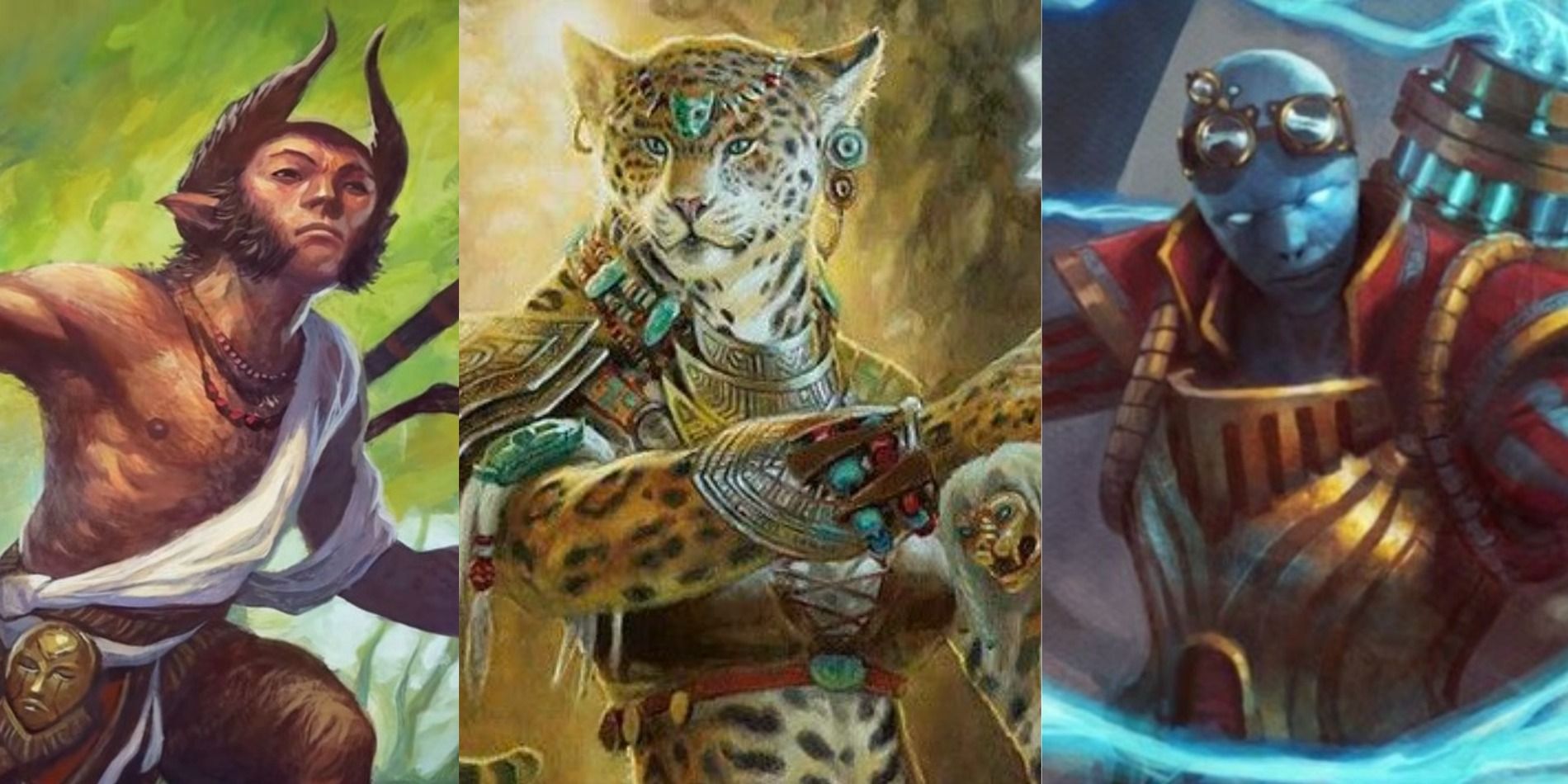
A subclass in Dungeons & Dragons is a versatile term. It can refer to a character that's dual- or multi-classed, one the has a trait or skill that makes them unique, or maybe they're an adherent of a mysterious school of spellcraft or spiritual discipline. Others are homebrews or just creative twists on existing D&D rules. Typically, though, it refers to the specific type a player falls into under the main class they have chosen, such as Fighter, Wizard, or Rogue.
RELATED: Pro Tips To Create A Cyberpunk D&D Campaign
In the early days of D&D, there were fewer classes, and roleplaying was less sophisticated. Today, thanks to the wealth of supplemental materials available with the release of 5e, there's a whole selection of character subclasses for players to enjoy. Here are some of the most popular and interesting examples of D&D subclasses that come from various expansions.
8 Cleric: The Deadly Forge Domain
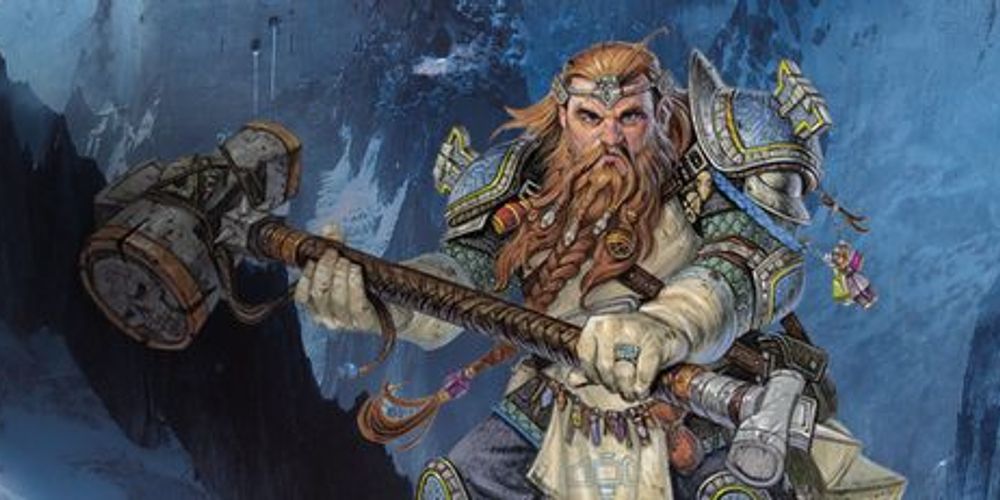
Source: Xanathar's Guide to Everything
A Cleric is defined by the Domain that they choose. The class often takes on a healing or support role; however, those who are interested in rolling a Cleric that can act as a tank or weapon master can choose this subclass, The Forge Domain.
Any character that follows the gods of the forge would have powers associated with weapons and armor, and the Forge Domain Cleric exemplifies this. Clerics of the Forge Domain learn spells like Searing Smite and Magic Weapon in their first few levels, and they have proficiency with heavy armor and smith's tools. Essentially, these characters are priests who are also ready for battle.
7 Bard: College of Spirits
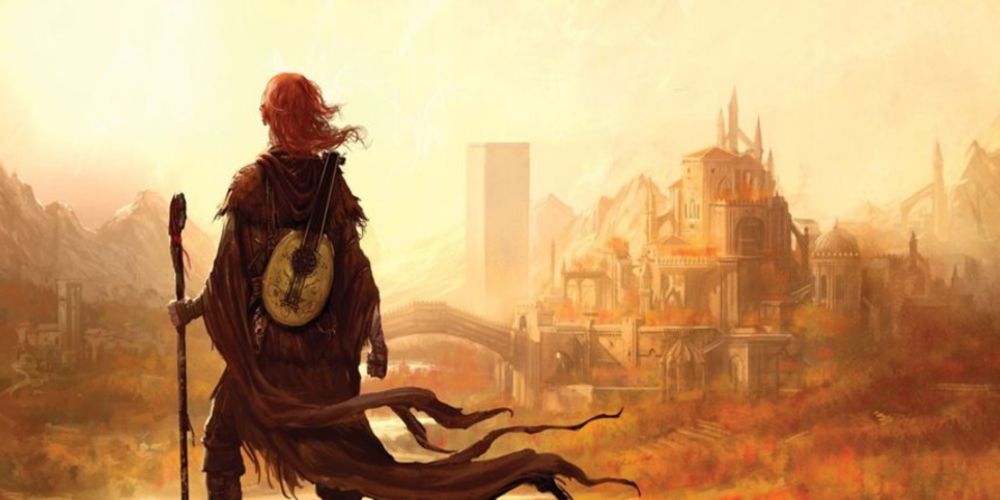
Source: Van Richten’s Guide to Ravenloft
Return to the Gothic side of D&D to discover this unique twist on the Bard class. Bards are one of the most versatile classes to begin with, and often chosen for multi-class options. With this subclass, Bards can channel spirits and buff their party's abilities for some extra support.
RELATED: Best Dungeons & Dragons Video Games, Ranked
Like the Cleric's choice of Domain, a Bard's choice of College defines their character. The power to channel spirits adds a wealth of damage to spellcasting abilities. Additionally, players still have low-level support spells for their party.
6 Fighter: The Rune Knight
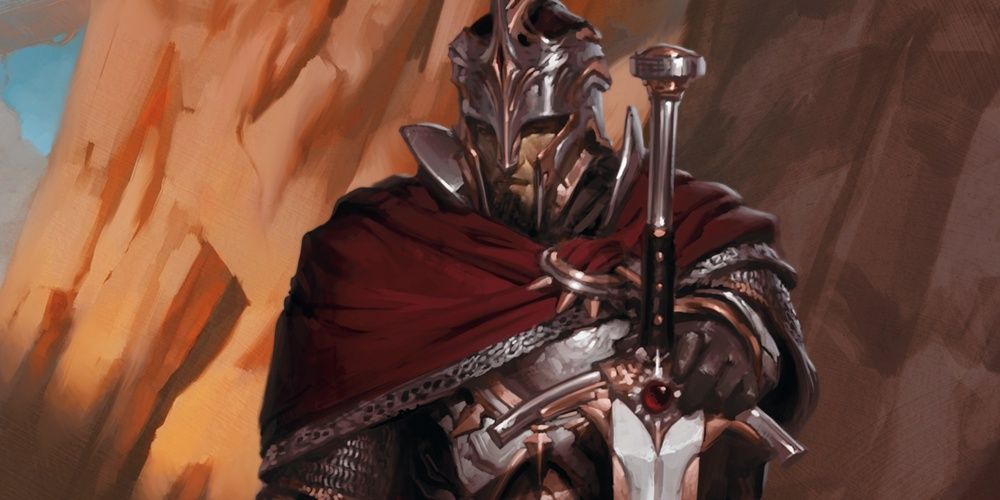
Source: Tasha's Cauldron of Everything
Usually, the only class that can make their own armor is an Artificer. However, this type of Fighter uses the power of runes to accomplish the same thing. If a Fighter doesn't have the stats to multi-class into an Artificer, this is an alternative choice.
This subclass has six of these runes to choose from as they progress through the leveling process. Each one grants special abilities both to the character themselves and to their party. Another interesting quirk is that this subclass can also speak the language of Giants, who are masters of rune magic and lore.
5 Sorcerer: Divine Soul
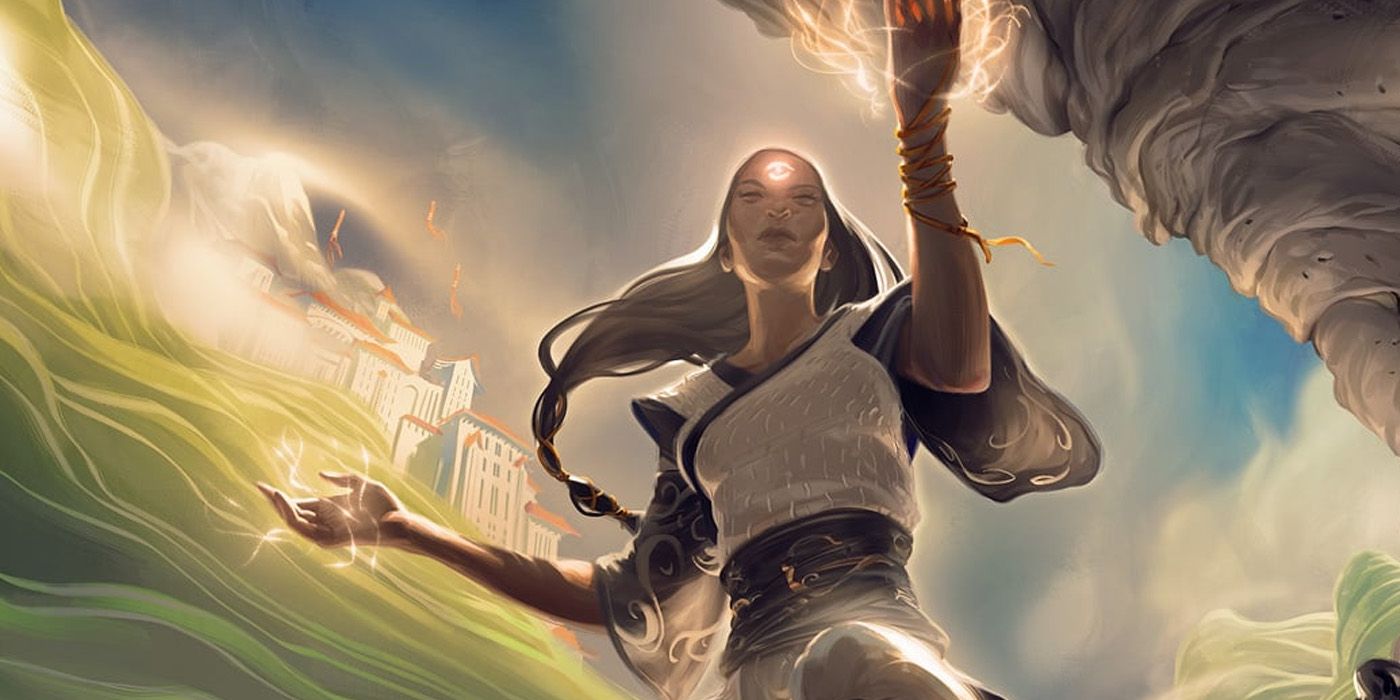
Source: Tasha's Cauldron of Everything
Sorcerers don't train to gain their abilities as a Wizard or a Fighter does. A Sorcerer's powers are innate, and any training they do is to hone these abilities as opposed to acquire them. In the case of the Divine Soul Sorcerer, this magic-user's natural abilities come from their connection with a divine spirit.
RELATED: Things You Need To Know Before Starting Your First Dungeons & Dragons Game
As if the role-playing potential for this kind of class wasn't alluring enough, the class includes abilities that are connected to Clerics, like buffs and healing spells. Divine Soul Sorcerers can also choose the nature of their divine soul as good, evil, lawful, chaotic, or neutral.
4 Paladin: The Oathbreaker
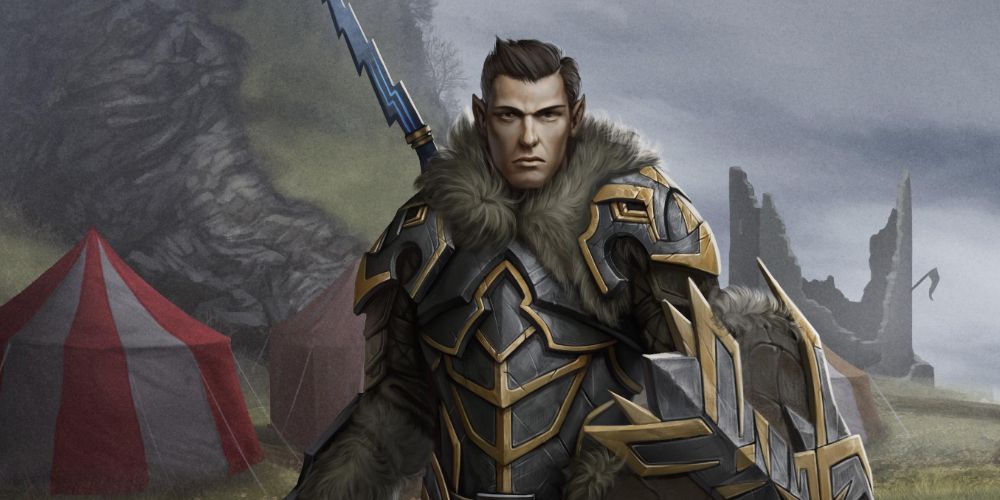
Source: Dungeon Master's Guide
The Dungeon Master's Guide isn't usually a resource that players use unless they're acting as Dungeon Masters. However, for those interested in the lore of a fallen Paladin, it's worth picking up a copy to check out this class. These characters can wield spells like Hellish Rebuke and Inflict Wounds as early as 3rd level.
This class is essentially a Paladin who has broken their sacred vows. It's also an option for players who want to try playing a character with an evil alignment. The Dungeon Master might have to consider how this character would fit into the party, which would make for some unique storytelling.
3 Barbarian: The Path of the Zealot
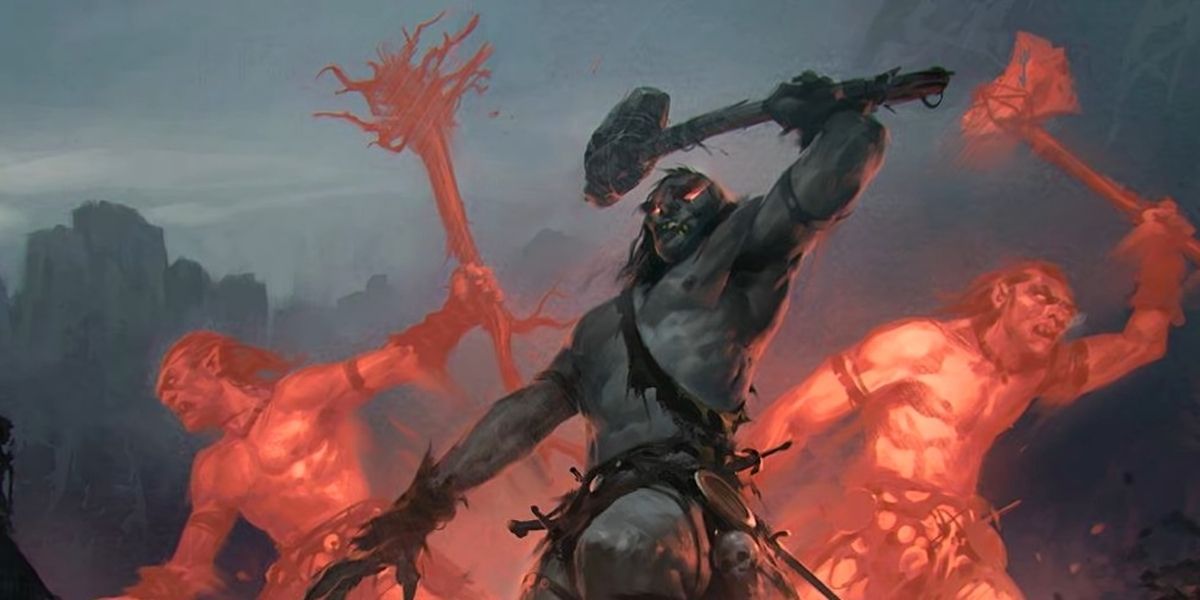
Source: Xanathar's Guide to Everything
There's a deity for everything in Dungeons & Dragons. For this subclass, there are gods that send their adherents into a furious rage. A Barbarian has this ability in the first place, but in the case of the Zealot, it's a power of a divine nature instead of usual everyday rage.
RELATED: Ranked: The Best D&D Campaigns Of All Time
A Barbarian can choose from a number of paths when they reach level 3. The Path of the Zealot immediately gives players the ability to channel divine power into their weapon hits. They can even choose to do either necrotic or radiant damage with each strike.
2 Ranger: The Horizon Walker
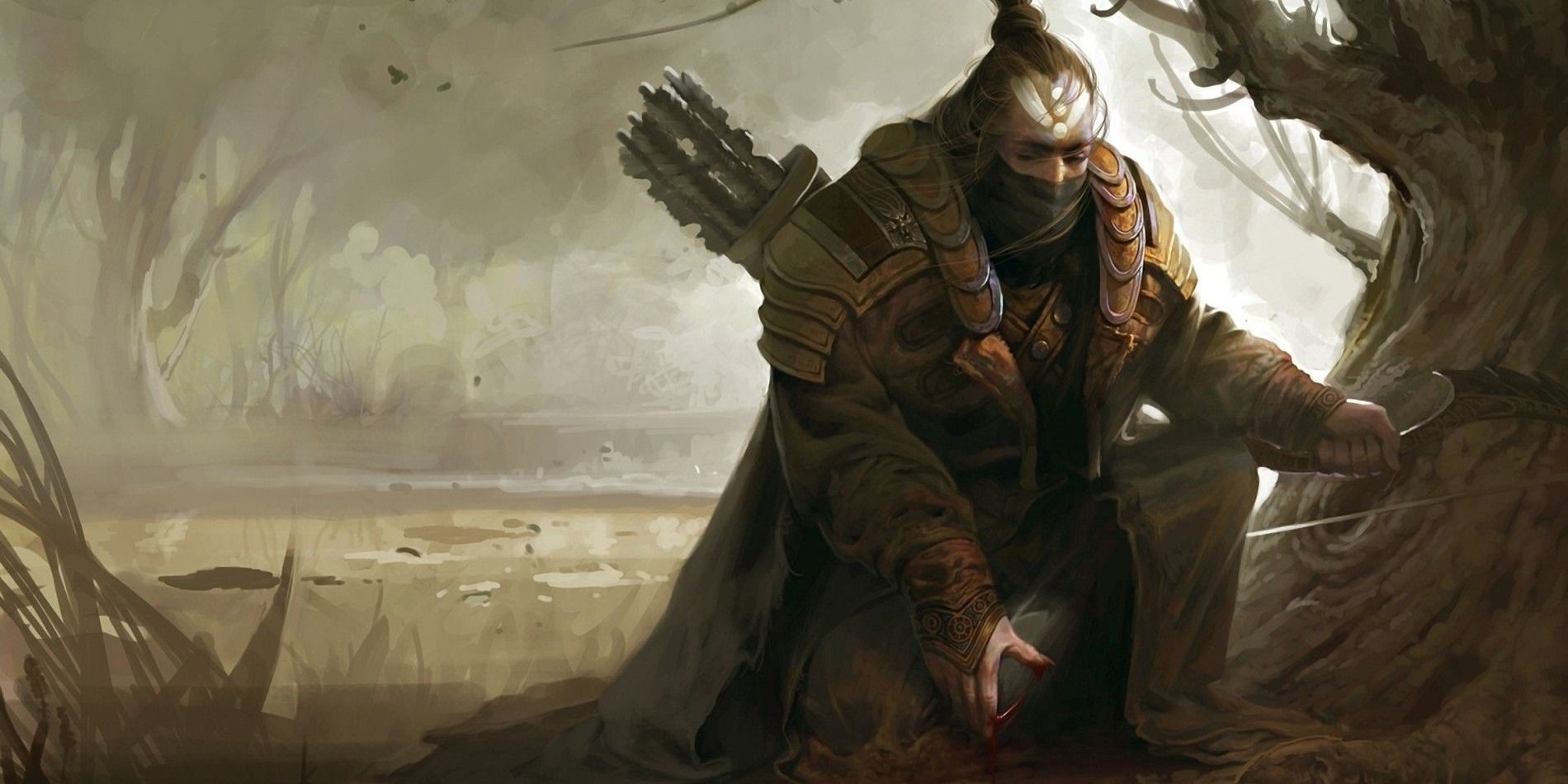
Source: Xanathar's Guide to Everything
The Ranger class is known for its ability to move undetected through the wilds. They are talented trackers and survivalists, using their talents to hunt and evade dangerous enemies. The Horizon Walker is a Ranger that has expanded their wandering grounds to include other planar realities, and they are often experts when it comes to the denizens of these ethereal realms.
As other Rangers know where to find water or shelter, a Horizon Walker knows where planar portals can be found. Detect Portal is one of the earliest spells they learn, along with Planar Warrior, which allows the user to use energy drawn from the multiverse in their attacks.
1 Rogue: Phantom
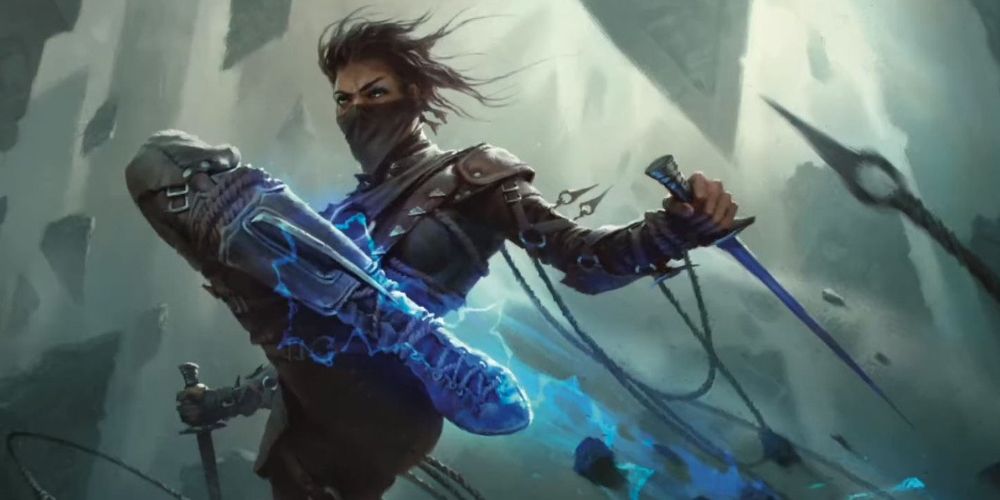
Source: Tasha's Cauldron of Everything
A Rogue often walks in the shadow of death, and this is a subclass that actually gains a connection to the ethereal in the course of their training or work. Eventually, these types of Rogues take on the ethereal powers of the spirits and can tread the planes like ghosts themselves.
A Phantom Rogue can fill a number of different roles in any party. Wizards, Sorcerers, and other magic users that delve into Necromancy often employ the Phantom as messengers or mercenaries. At higher levels, this subclass even gains powers that include Necrotic damage.

